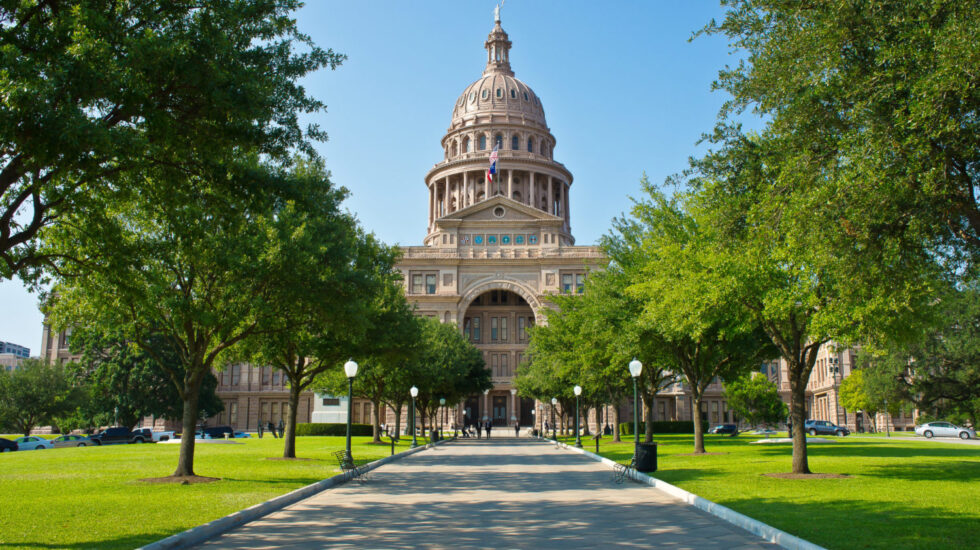When Democrats walked out of the Texas legislature earlier this summer, they knew it would only slow down bills to restrict voting. Now, the Democrats are back and with a quorum, the GOP quickly passed measures to limit voting and have sent them to Gov. Greg Abbott to sign. CNN writes:
Abbott’s signature would add Texas — where Republicans are seeking to hold onto power in one of the nation’s fastest-growing and diversifying places — to a list of states that includes Florida and Georgia attempting to seize on former President Donald Trump’s lies about election fraud and enact restrictive laws this year.
The legislation, according to a statement from the governor “will solidify trust and confidence in the outcome of our elections by making it easier to vote and harder to cheat.” But “cheating” hasn’t been an issue until the Republicans made it one.
Now, Texas will no longer have 24-hour voting. But that’s just the beginning. CNN adds:
The bill also blocks counties from sending unsolicited mail-in voting applications — even to those who are over age 65 and therefore qualify automatically to vote by mail. It also places new rules around mail-in voting, increases protections for partisan poll watchers and sets new limits on those who help voters, including those with disabilities, to cast their ballots.
And it’s not just the Lone Star State. The New York Times adds this context:
Including Texas, 18 states across the country have passed more than 30 bills this year restricting voting, one of the greatest contractions of access to the ballot since the Voting Rights Act was passed in 1965. The relentless pace of these voting laws has raised pressure on Democrats in Congress, where a stalemate in a narrowly divided Senate has left them with little hope of passing federal voting legislation that would combat the new restrictions.
The GOP has strongly denied that the legislation adversely impacts minorities, but as the Times notes, “but (Republicans) blocked Democratic efforts to make studying the bill’s impact on voters of color a part of the legislation.”
